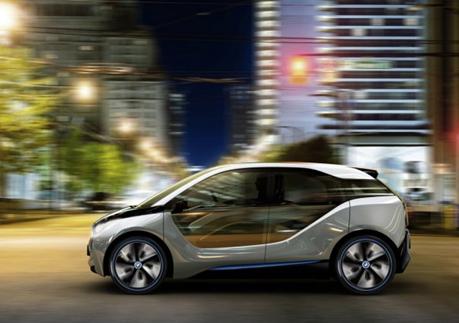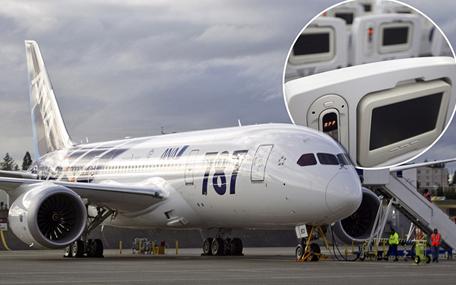BMW and Boeing are known to pioneering the use of carbon fiber in their products. With the release of the BMW i3 in late 2013, followed later by the BMW i8, the BMW Group will bring two vehicles with a carbon passenger cell onto the market for the first time and Boeing's 787 Dreamliner is made up of 50 percent carbon fiber material.


The two companies signed a collaboration agreement to participate in joint research for carbon fiber recycling. The partnership is a very important step forward in developing the use and end use of carbon fiber materials. The collaboration agreement is the first in the history of either company.
"Boeing has many years of extensive experience using carbon fiber in the field of aviation, while the BMW Group has earned a significant competitive advantage through its use of special manufacturing methods for series production of carbon fiber parts. Through this cooperation we can merge know-how between our industries in the field of sustainable production solutions," explained Herbert Diess, Member of the Board of BMW AG for Development.
"It is especially important that we plan for the end of life of products made from carbon fiber. We want to look at ways to reclaim and reuse those materials to make new products," said Larry Schneider, Boeing Commercial Airplanes vice president of Product Development.
As part of the collaboration agreement, Boeing and the BMW Group will share carbon fiber manufacturing process simulations and ideas for manufacturing automation.
As part of its SGL Automotive Carbon Fibers LLC joint venture, the BMW Group has built a new, state-of-the-art carbon fibre plant in Moses Lake, Washington (USA), together with the SGL Group. The plant is an important component in both companies' strategy to automate production of ultra-light carbon fibre reinforced plastics for use in future vehicle concepts. The carbon fibres produced in Moses Lake will be used exclusively for the BMW Group's BMW i3 and BMW i8.





